
The Rebel's Dilemma
By Ritva

11 Jul, 2023

Once upon a time, in a world similar to ours, a young man named Jake lived. Jake saw that his society was ruled by laws he didn't agree with, made by people who seemed out of touch with the needs of the everyday individual, and he was troubled.
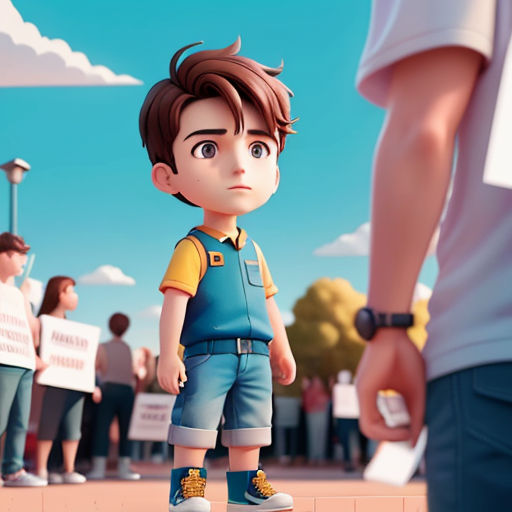
Jake spoke passionately about the issues he perceived - inequality, political corruption, and environmental negligence. He labeled himself an "Anti-establishment," arguing for a society structured around fairness, sustainability, and people's happiness rather than profit.

Jake's best friend, Lucy, respected Jake's passion but found it somewhat misguided. Lucy believed that while the system was flawed, it wasn't entirely bad. She considered herself not quite anti- or pro-establishment, but somewhere in between.
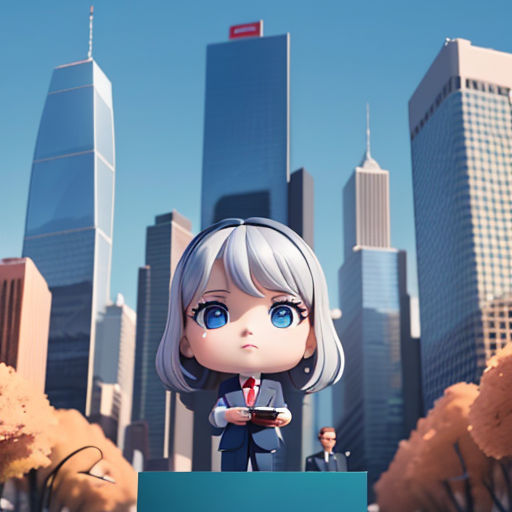
One day, a powerful group of business moguls announced the formation of a new political party. They promised a society where rules and restrictions were laid-back, enabling more freedom and independence for everyone.

Jake, seeing this as a step towards his ideal society, became a fervent supporter. He believed that this was his chance to dismantle the establishment and build a better world. Lucy, however, was skeptical.

As the new party came into power, Jake was eager to see the ‘revolution’ he'd always dreamt of. But Lucy warned that the business moguls were not interested in building a fair society, but rather just wanted to remove any rules restricting their wealth accumulation.

True to Lucy's fears, the new party only seemed to favor the rich. The rich got richer, while the poor saw no significant upliftment. Despite this, Jake held on to his faith that perhaps, the moguls were still finding their footing.

Things didn't improve. Their city became heavily polluted as businesses were now free from environmental obligations. The public services suffered due to reduced governmental control. Yet, Jake still clung to his beliefs.

Lucy asked Jake to look at the world around him and asked if this was the anti-establishment society he wished for. Was it right that a society had such blatant disregard for the environment and social welfare, leaving the rich to enjoy their newfound 'freedom'?
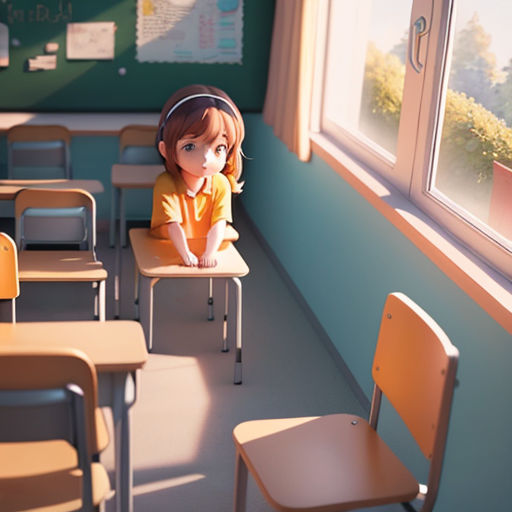
Jake was silent. He was heartbroken to admit that he had been wrong. Lucy, seeing her friend's distress, suggested an alternative. Being anti-establishment wasn't about tearing down everything, it was about making meaningful change.
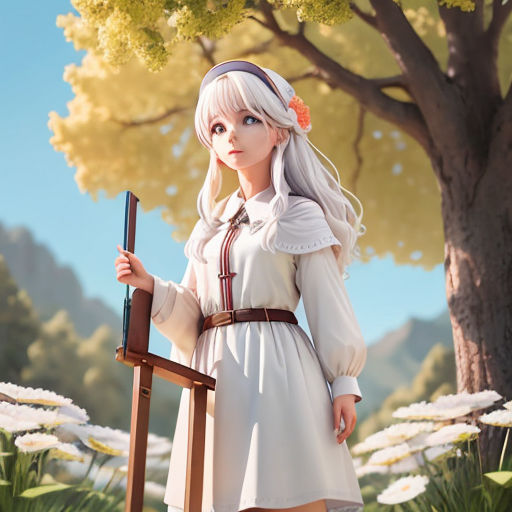
She explained that an alternative society wasn’t about removing all rules, but having the right rules, rules that encouraged fair growth, environmental protection, and overall happiness. Being truly anti-establishment meant envisioning a better system, not just opposing the current one.

Jake, though hesitant, began to see the sense in Lucy's words. Their current society was indeed in ruins, not because of being anti-establishment, but because those in power had used the concept as an excuse to create an unsustainable world for personal gain.

As Jake recognized this, he and Lucy pooled their talents together. They began planning a true alternative system that would ensure fairness, sustainability, and happiness for all.
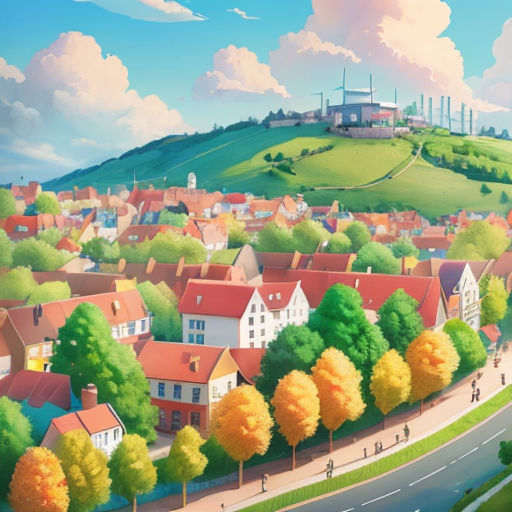
Their blueprint was unlike any that had been proposed before. It had provisions for basic income, environmental protection, and a system of governance that prized transparency above all else. The people started noticing and talking about their blueprint.
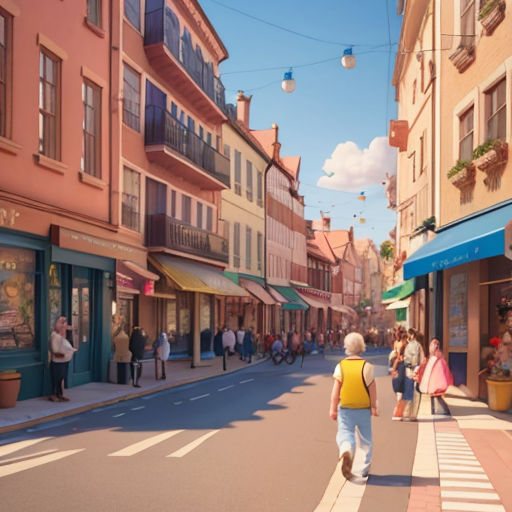
News spread like wildfire, and before long, the whole city was buzzing with discussion of Jake and Lucy’s alternative system. Some were fascinated, some skeptical, but the majority were relieved at the prospect of a better system.

The moguls, feeling threatened, tried to discredit them. But the citizens stood by Jake and Lucy, who had provided them not only with a vision but a practical, sustainable plan that seemed possible to implement.

Jake and Lucy realized that being truly anti-establishment was not about choosing anarchy or abolishing structure, but about courageously choosing to create a fairer, better system for everyone. It was about the courage to critique systems and propose alternatives.
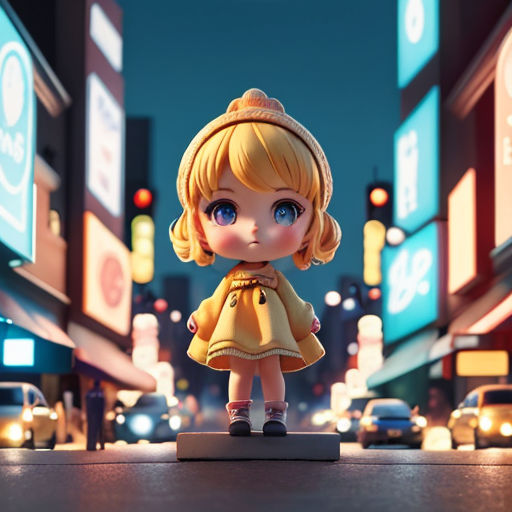
Despite the pushback from the moguls, their blueprint began to gain momentum. More and more citizens began to rally behind them, to the extent that they became a force that could not be ignored.

As the new system started to be rolled out, changes took place gradually, but the positive impact was immediate and palpable. The city was happier, cleaner, and more harmonious than ever before.

Looking back at their journey, Jake reflected that he had indeed been somewhat naive when he first thought he was anti-establishment. Being truly anti-establishment wasn't about breaking the system for the sake of it, but about creating a better one in its place.
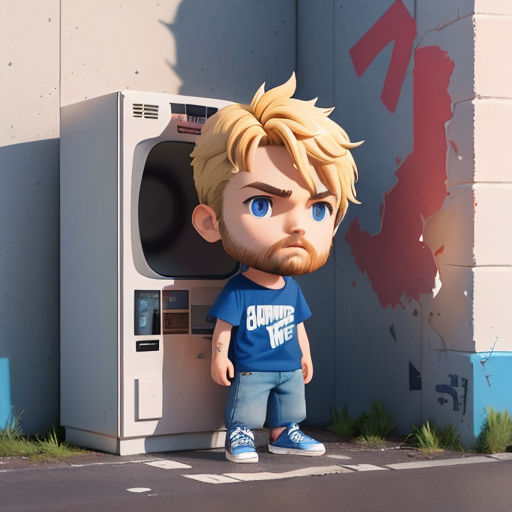
He had learned the hard way that not all who claim to be anti-establishment are genuine. Some, like the moguls, merely use it as a guise to gain more power or wealth. The real anti-establishment folks, he now knew, were those who envisioned and acted for a better world.
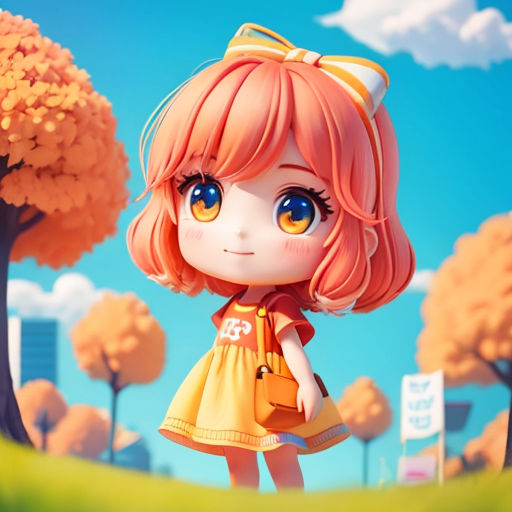
Lucy, for her part, was glad to have been part of the journey. She felt that their actions had taught an important lesson to their fellow citizens about not just believing in change but acting to make it happen.

Their shared experience showed the city, and eventually the world, what it truly meant to be anti-establishment. It wasn’t about chaos or anarchy, but a determined commitment to creating a better, more just society.

They demonstrated that being anti-establishment meant challenging the existing power structures, raising the difficult questions, and leading the charge in building a truly fair, sustainable society. And it all started with two friends, a vision, and a belief in a better future.